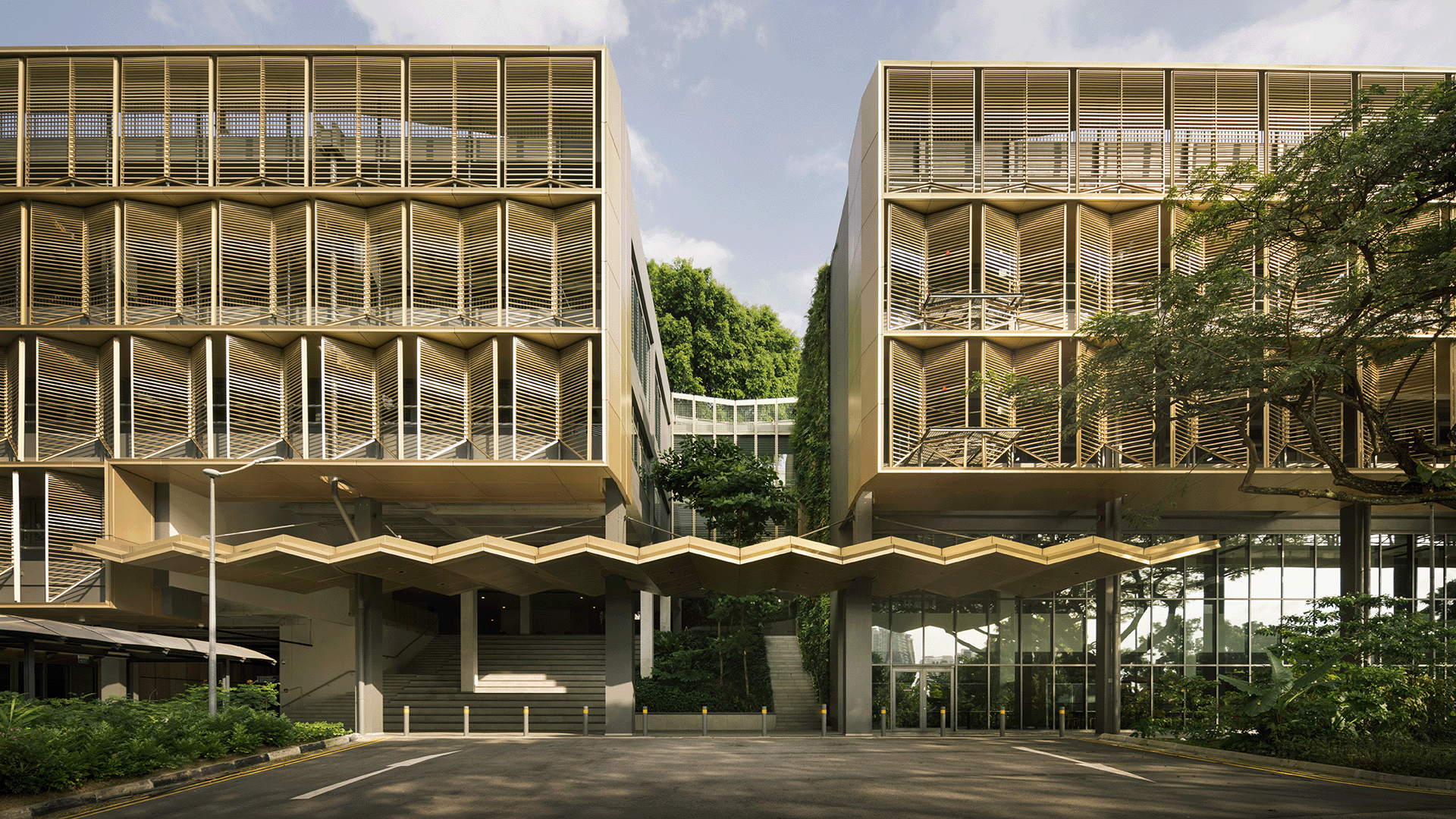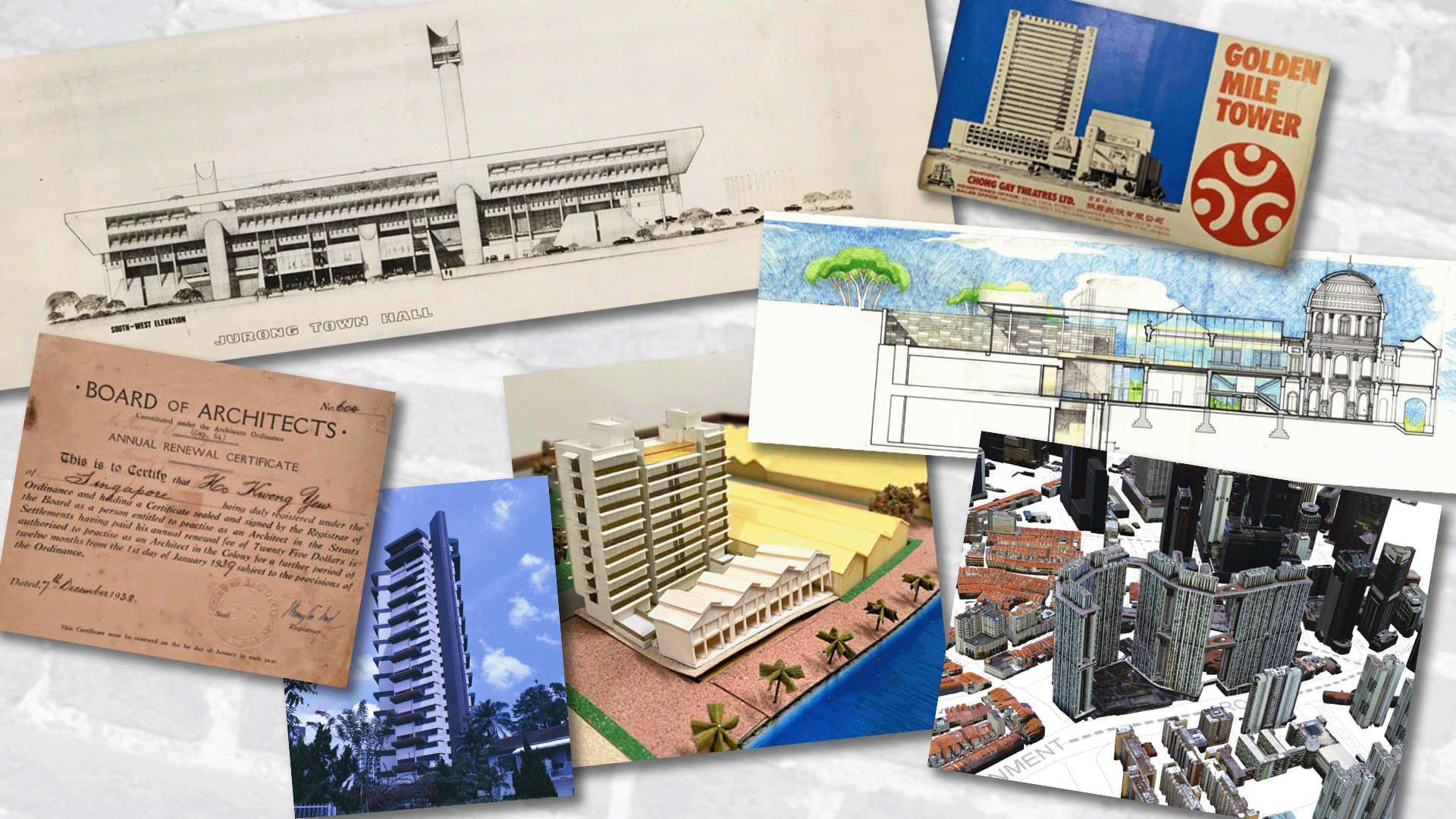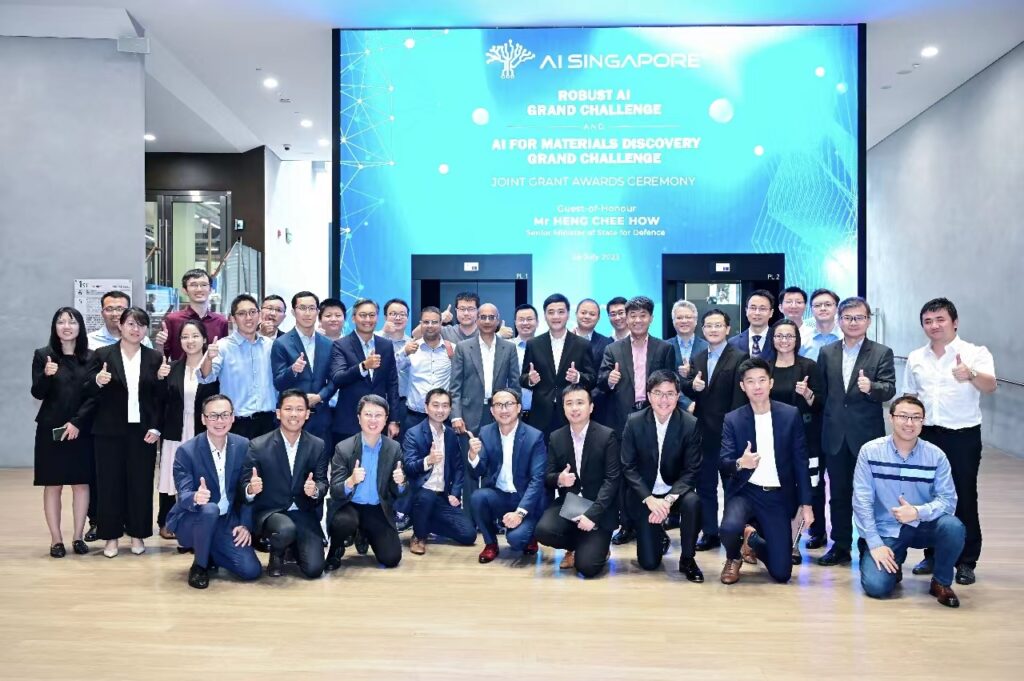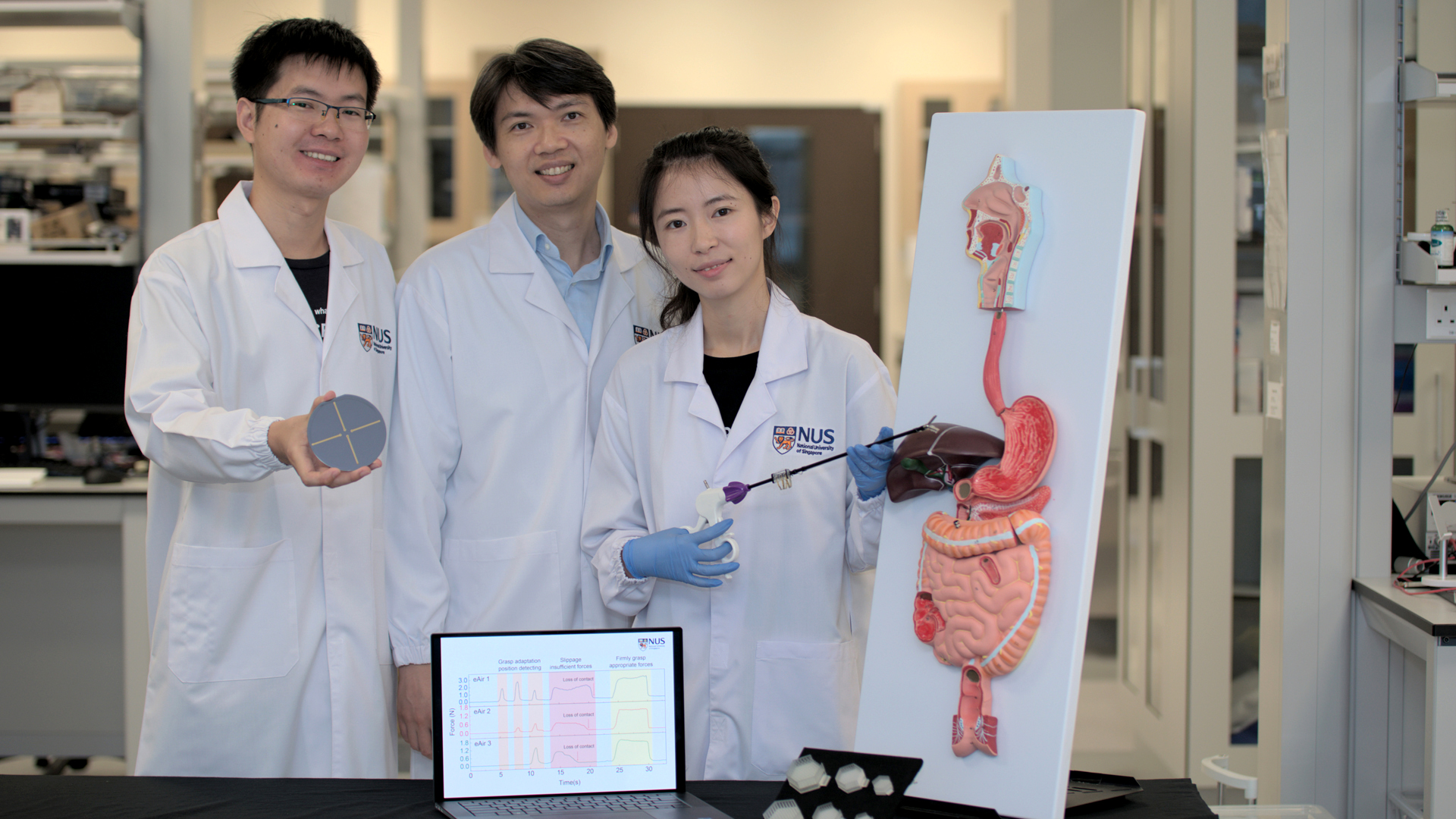HIGHLIGHTS
RESEARCH UPDATES, ACHIEVEMENTS & COLLABORATIONS

Congratulations to the project team behind the rejuvenation of SDE1 and SDE3 on being awarded two prestigious Architectural Design Awards from the Singapore Institute of Architects (SIA).
Originally built in the 1970s, SDE1 and SDE3 were relaunched earlier this year - redesigned and retrofitted as low-energy buildings and models of adaptive reuse, showcasing modern, low-energy green architectural elements. Together with nearby SDE4, these buildings form NUS' first net-zero building cluster.
Read more: https://cde.nus.edu.sg/news-detail/sde1-and-sde3-win-prestigious-design-awards/


The Urban Redevelopment Authority (URA) announced the launch of the Singapore Architecture Collection, an initiative to document and preserve archival materials about Singapore’s modern and contemporary architecture. The initiative is supported by the Department of Architecture, as well as the Singapore Institute of Architects (SIA), and SUTD’s Architecture and Sustainable Design pillar.
The collection will showcase Singapore’s architectural and urban design journey through the preservation of architectural models, photographs, drawings, artefacts, oral history recordings and more.
Read more: https://cde.nus.edu.sg/news-detail/dept-of-architecture-partners-on-ura-heritage-initiative/

A multi-institutional team, led by Professor Shuzhi Sam Ge, was selected as one of the five projects awarded Stage 1 funding through the Robust AI Grand Challenge. AI Singapore announced that it will award up to S$20 million to support multidisciplinary teams that address challenges related to the increasing use of AI in emerging applications. The event was organised in collaboration with the Future Systems and Technology Directorate, MINDEF Singapore, and DSO National Laboratories.
The team’s project titled “Development of Stable Robust and Secure Intelligent Systems for Autonomous Vehicles” seeks to harness the collective strengths of machine learning, stable control, and generative AI to develop a robust and intelligent system that can adjust its neural network’s behaviour and characteristics in real- time to counter adversarial attacks in complex environments.


Inspired by nature, researchers led by Assoc Prof Benjamin C.K. Tee have developed a novel and highly accurate pressure sensor that's set to revolutionise a range of medical procedures. Named 'eAir’, the sensor takes its inspiration from the water-repellent properties of lotus leaves, using an innovative 'air spring' design to deliver unparalleled accuracy, precision and reliability that conventional sensors often lack. The researchers say eAir’s capabilities could be a game-changer for minimally-invasive surgeries and implantable sensors. For example, surgeons could receive real-time tactile feedback during laparoscopic surgeries, enhancing precision and patient outcomes.
Read more: https://cde.nus.edu.sg/news-detail/nature-inspired-pressure-sensor-aims-to-transform-healthcare/


